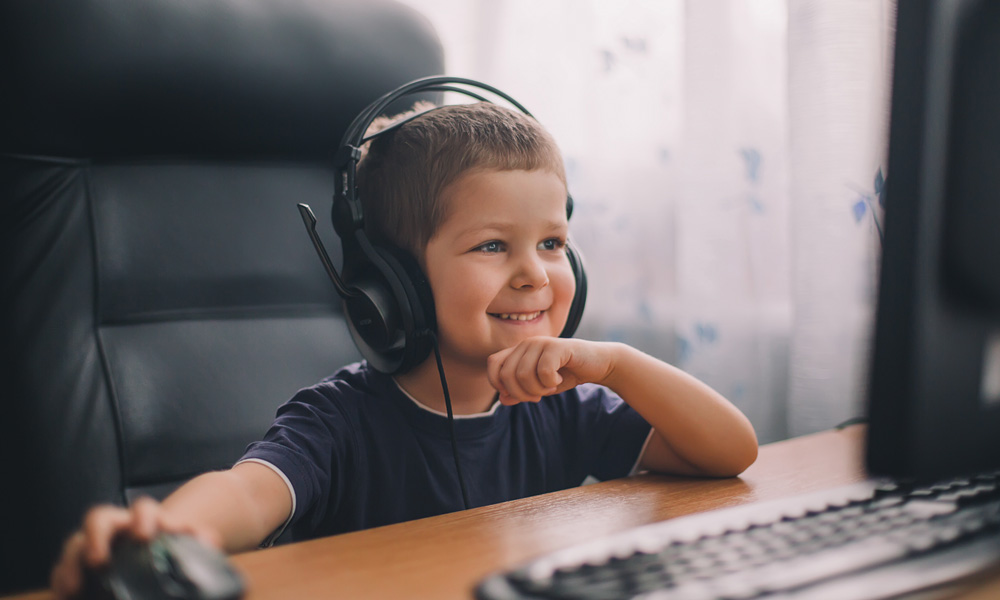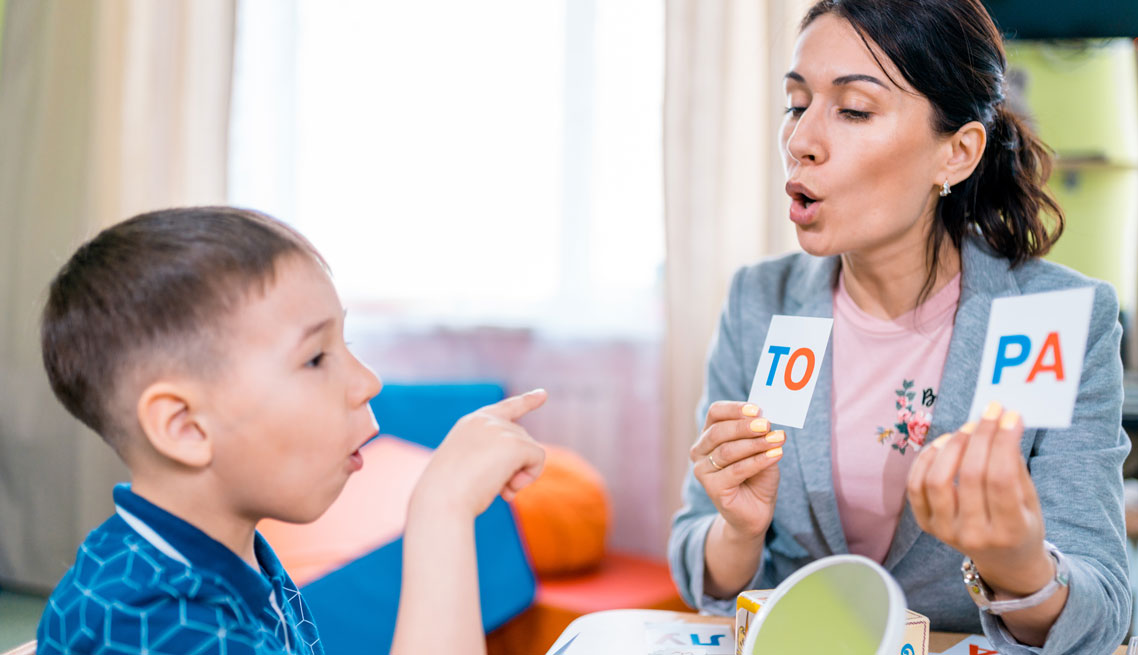Does the way children hold their pencil really matter?
If you have a pencil handy, pick it up and notice how you hold it. Which fingers does the pencil rest between how are you supporting it? How much pressure do you use when you write? Does it really make a difference in your handwriting? The answer is YES, it does matter! How you hold your pencil really does make a difference—and it will also impact your writing. Your pencil grasp is directly related to handwriting speed and legibility, as having a mature grasp is more efficient and less tiring on your hands (Schwellnus, et al., 2012). Having a mature grasp also directly correlates with fine motor skills and your ability to manipulate other things (i.e. tying your shoes, picking up small objects, flossing, zipping up your jacket, using a fork or spoon).
Handwriting is essential for academic success and a foundation for efficient writing lies in how the child holds their pencil and the order in which letters are formed. It is important to address these concerns as early as possible. After the age of 8, changing grasp and formation patterns is difficult, but not impossible.
What are the stages of pencil grasp development?
There are several stages of pencil grasp development needed to develop a functional grasp that can be used to write efficiently and legibly. Each stage is important and helps to develop different muscles in the hand. Children typically develop control over the larger muscles of the trunk and arms before developing the smaller muscles of the hands. This is why grasp changes over time. Not all children will use all of these grasps during their fine motor development. Some children will use more than one grasp at an age as their skills develop and change. However, they should develop a functional mature grasp similar to the tripod grasp listed below.
Palmer grasp/Fisted grasp: typically develops between 12-18 months.

Digital pronate grasp: typically develops at 2-3 years.

5 finger grasp: typically develops between 3-4 years

Four finger/quadrapod grasp: typically develops at 3.5-4 years

Tripod grasp: typically develops at 5-6 years

What is letter formation?
Handwriting is a complex process that involves many skills and body functions to work in a precise manner. Letter formation refers to the order in which each line segment is produced to make a single letter. Children should learn to form letters from top to bottom and from left to right. The order in which letters are formed either aids or interferes with efficient, legible writing.

Why is proper letter formation important?
- Children who have poor letter formation usually do not enjoy handwriting and/or the process takes longer than they would like.
- Proper letter formation increases handwriting legibility, speed and accuracy.
- Without the proper order of formation, letters are being ‘drawn’ more than formed and handwriting suffers.
- Teaching proper letter formation can help to limit letter reversals such as b and d.
- Practicing proper letter formation teaches higher cognitive skills ( i.e. working memory, sequencing, self-monitoring).
It’s important to note that every child’s handwriting style and process of learning is different and THAT IS OKAY! Our occupational therapists use a child-centered approach to help your kiddo become confident in their abilities while making handwriting FUN! If you are concerned about how your child forms letters or holds their pencil, an occupational therapist should evaluate your child. The therapist will determine if there are any skill or strength deficits and formulate a plan that is individualized for your child’s unique needs.
Written by: Amanda Easter, MS, OTR/L, CAS

References
Schwellnus, H., Carnahan, H., Kushki, A., Polatajko, H., Missiuna, C., & Chau, T. (2012). Effect of pencil grasp on the speed and legibility of handwriting in children. American Journal of Occupational Therapy, 66: 718–726.








